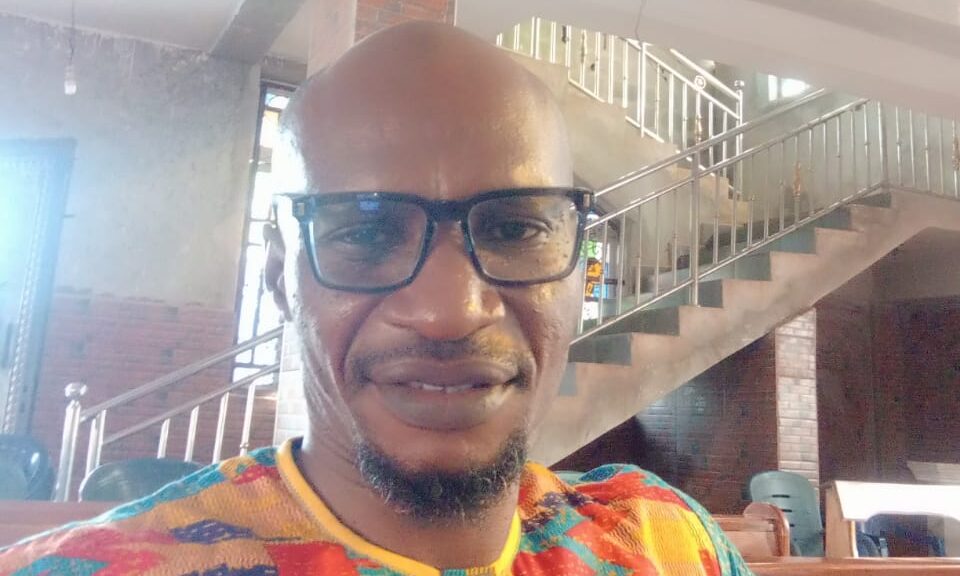It starts with a whisper. A relative begins to behave strangely, a friend withdraws from the world, a student shows signs of anxiety. Instead of care, we respond with mockery. Instead of empathy, we brand them “mad.” In Nigeria, the very word psychiatric has been twisted into a scarlet letter. Mention Yaba Left, and laughter erupts—not because people find healing funny, but because we have allowed ignorance to write the story of mental health.
Yet the facts stare us in the face. The World Health Organization reports that one in every five Nigerians—over 40 million people—lives with some form of mental health condition. Depression, trauma, drug addiction, post-natal stress, anxiety: these are not strange afflictions of strangers, they are struggles faced quietly by our neighbors, colleagues, and family members.
But when treatment is needed, where do they turn? Nigeria has fewer than 300 psychiatrists to serve a population of over 220 million. Compare this to South Africa, with fewer people but more than 900 psychiatrists. In our case, the shortage is worsened by stigma, which stops citizens from even stepping into the few facilities available. We do not see psychiatric hospitals as places of recovery—we see them as dumping grounds for the broken.
It wasn’t always like this. In 1962, when the Federal Neuropsychiatric Hospital in Yaba was established, it stood as a symbol of modern care. But decades of mockery and neglect turned it into a punchline. The phrase Yaba Left became a national slur, killing dignity for patients and discouraging families from seeking help.
Other nations have broken free from this trap. In Rwanda and Ghana, governments have moved mental health into mainstream healthcare. In the United States and the United Kingdom, psychiatric hospitals are now rebranded as Wellness Centers or Behavioral Health Facilities, shifting perception from madness to healing. The name matters. The story matters.
Nigeria must act. We must rebrand and rename psychiatric hospitals into Mental Health and Wellness Centers. We must fully implement the National Mental Health Act of 2021. We must invest in training to move our psychiatrist count from 300 to 1,500 within the decade. And above all, we must launch a national awareness campaign that tells the truth: mental health is part of health. It is not witchcraft, not a curse, not disgrace—but humanity.
The choice before Nigeria’s lawmakers and leaders is clear. Will you continue to let stigma bury millions in silence? Or will you rise to rewrite the story—turning psychiatric care from a national joke into a national source of healing?
Because in the end, history will not ask how many roads we built. It will ask how many lives we saved.



